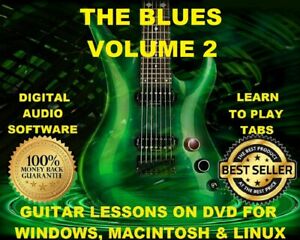

Subtitled The Legendary Library of Congress Session 'This Is Not the Stove to Brown Your Bread' 'Don't You See How This World Made a Change' The Blind Willie McTell Blues Festival is held annually in Thomson, Georgia. Ī blues bar in Atlanta is named after McTell and regularly features blues musicians and bands. Lomax's interactions with the singer and entirely omitted the contributions of Ruby Terrill Lomax. The material from this 1940 session was issued in 1960 as an LP and later as a CD, under the somewhat misleading title The Complete Library of Congress Recordings, notwithstanding the fact that it was truncated, in that it omitted some of John A.

The Library of Congress paid McTell $10, the equivalent of $154.56 in 2011, for this two-hour session.

Lomax is heard asking if McTell knows any 'complaining' songs (an earlier term for protest songs), to which the singer replies somewhat uncomfortably and evasively that he does not. The Lomaxes also elicited from the singer traditional songs (such as 'The Boll Weevil' and 'John Henry') and spirituals (such as 'Amazing Grace'), which were not part of his usual commercial repertoire. These recordings document McTell's distinctive musical style, which bridges the gap between the raw country blues of the early part of the 20th century and the more conventionally melodious, ragtime-influenced East Coast Piedmont blues sound. Lomax and his wife, Ruby Terrill Lomax, a professor of classics at the University of Texas at Austin, interviewed and recorded McTell for the Archive of American Folk Song of the Library of Congress in a two-hour session held in their hotel room in Atlanta. He did not live to see the American folk music revival, in which many other bluesmen were 'rediscovered'. Despite his lack of commercial success, he was one of the few blues musicians of his generation who continued to actively play and record during the 1940s and 1950s. McTell died three years later, having suffered for years from diabetes and alcoholism. His last recordings originated during an impromptu session recorded by an Atlanta record store owner in 1956. He was active in the 1940s and 1950s, playing on the streets of Atlanta, often with his longtime associate Curley Weaver. Lomax and Ruby Terrill Lomax for the folk song archive of the Library of Congress. In 1940, he was recorded by the folklorist John A. He never produced a major hit record, but he had a prolific recording career with different labels and under different names in the 1920s and 1930s. He soon became a street performer in several Georgia cities, including Atlanta and Augusta, and first recorded in 1927 for Victor Records. He learned to play the guitar in his early teens.


 0 kommentar(er)
0 kommentar(er)
